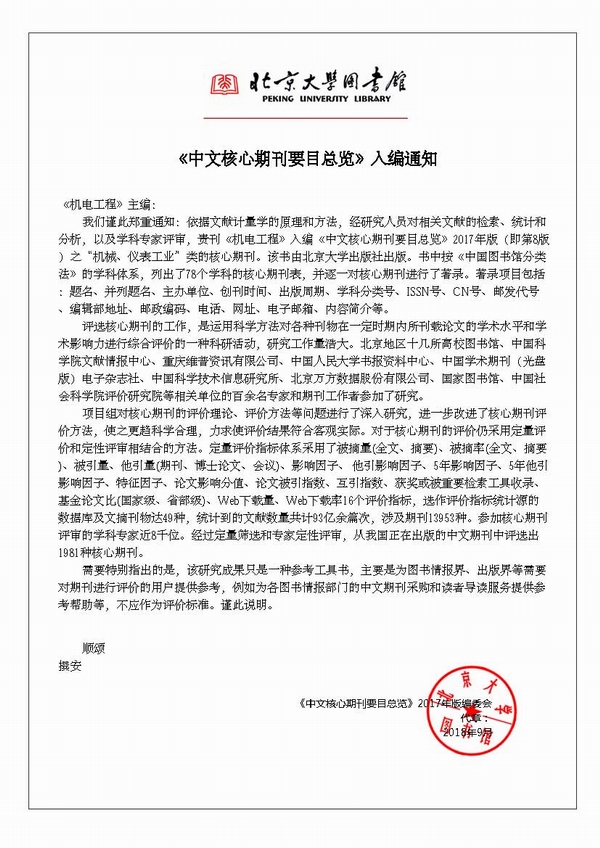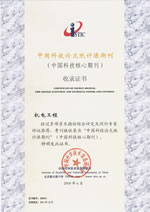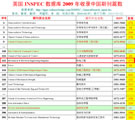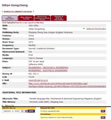
Founded in 1971 >
Chinese Sci-tech Core Periodicals >
British Science Abstracts (SA, INSPEC) Indexed Journals >
United States, Cambridge Scientific Abstract: Technology (CSA: T) Indexed Journals >
United States, Ulrich's Periodicals Directory(UPD)Indexed Journals >
United States, Cambridge Scientific Abstract: Natural Science (CSA: NS) Indexed Journals >
Poland ,Index of Copernicus(IC) Indexed Journals >
International Standard Serial Number:
ISSN 1001-4551
Sponsor:
Zhejiang University;
Zhejiang Machinery and Electrical Group
Edited by:
Editorial of Journal of Mechanical & Electrical Engineering
Chief Editor:
ZHAO Qun
Vice Chief Editor:
TANG ren-zhong,
LUO Xiang-yang
Tel:
86-571-87041360,87239525
Fax:
86-571-87239571
Add:
No.9 Gaoguannong,Daxue Road,Hangzhou,China
P.C:
310009
E-mail:
meem_contribute@163.com
Elevator group control dispatch algorithm based on artificial fishswarm algorithm
WANG Hantao1, LI Qiang1, ZHENG Yongkang2
(1.Institute of Intelligent and Software Technology, Hangzhou Dianzi University, Hangzhou 310037, China;
2.Hzoptimax Tech Co., Ltd., Hangzhou 310052, China)
Abstract: In order to improve the operating efficiency of elevator group control system (EGCS) and aiming at the deficiency in current EGCS scheduling algorithm at home and abroad, an intelligent scheduling algorithm was proposed, the number of people inside the elevator was taken as the scheduling factor, the average passenger waiting time, average riding time and energy consumption were considered. The artificial fish swarm algorithm (AFSA) theory was applied into practical elevator group scheduling problem, the discrete fish swarm algorithm parameters were optimized and the step length was improved in order that the scheduling algorithm was appropriate for the elevator group scheduling. The algorithm first initialized a shoal of fish, in which each fish′s present state represented a viable scheduling scheme. Then, it optimized generally the foraging behavior, poly group behavior and the rearend behavior in space scale after reduction of number scheduling factors in the lift box. Finally, this algorithm was compared with the minimum waiting time scheduling algorithm. The research results indicate that the average waiting time, average riding time and frequency of longwaiting of passengers are significantly reduced.
Key words: elevator group control system(EGCS); artificial fishswarm algorithm(AFSA); numbers of people in the lift car; intelligent scheduling algorithm








